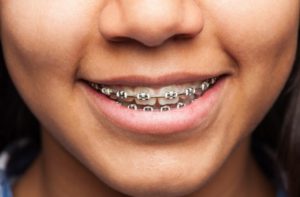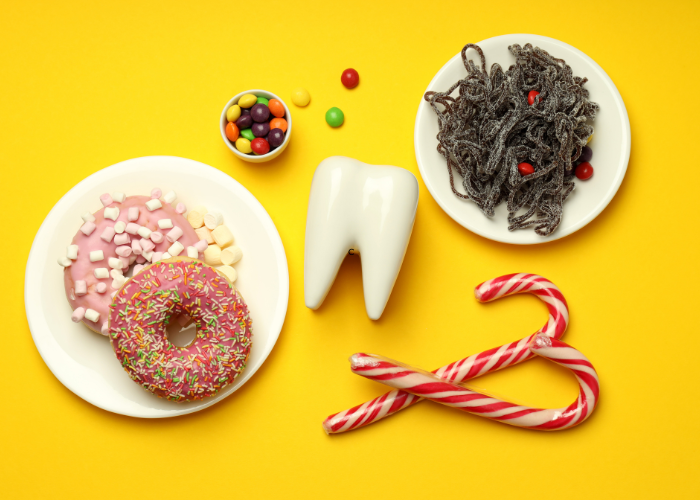When your child breaks a tooth, it can be a frightening experience for both you and your child. However, by taking prompt and appropriate actions, you can effectively manage the situation. While it’s crucial to visit a kids dentist in Bundoora for professional care, there are immediate steps you should take and ongoing care measures to follow after your child experiences a broken tooth.
-
Remain Calm and Reassure Your Child
Your reaction significantly influences how your child copes with the incident. By remaining calm, you can better assess the injury and comfort your child who may be frightened or in pain. Reassurance helps stabilise their emotions, allowing for clearer communication about their discomfort.
-
Assess the Injury
Take a quick yet thorough look to understand whether the injury is isolated to the tooth or if there are additional injuries to address, such as cuts to the gums or cheeks. This helps in explaining the situation to your dentist effectively and ensures all injuries are treated.
-
Collect the Broken Pieces
If parts of the tooth are found, gently rinse them under water to keep them clean. Store them in a clean container and bring them to your dentist in Bundoora. Sometimes, these pieces can be reattached depending on the type and extent of the break.
-
Rinse the Mouth with Warm Water
Have your child gently swish warm water in their mouth to clean the area around the broken tooth. This step helps remove any tooth fragments or blood, reducing the risk of infection and allowing for a clearer view of the damage.
-
Apply a Cold Compress
Placing a cold compress on the face near the injury site helps reduce swelling and numb the area, providing pain relief. This also helps decrease inflammation, which is vital in treating any type of facial injury.
-
Use Gauze for Bleeding
If there is bleeding, press a clean, damp piece of gauze against the area. Encourage your child to bite down on the gauze gently but firmly to control bleeding and aid in clot formation.
-
Avoid Certain Foods and Beverages
Keep your child away from foods and drinks that could aggravate the injury. Hot foods and beverages can increase blood flow and worsen bleeding, while cold items can intensify pain at the injury site. Hard and sticky foods should also be avoided to prevent further damage.
-
Pain Management
Administer an over-the-counter pain reliever formulated for children to manage discomfort. Ensure that the medication is suitable for your child’s age and weight. You should also consult your pharmacist or pediatrician if you have any doubts about dosage or frequency.
When to Visit a Kids Dentist or Orthodontist?
-
Emergency Dental Appointment
Make an emergency appointment as soon as possible. Quick professional evaluation and treatment not only relieve pain but also significantly increase the chances of saving the tooth or preventing future dental issues.
-
Consultation and Treatment Options
During the emergency visit, your dentist will determine the best course of action based on the type of break and the condition of the surrounding teeth and gums. Options may include simple polishing, bonding, applying a crown or more complex procedures like root canal treatment or even extraction in severe cases.
-
Follow-Up Visits
These appointments are critical to ensure the treated area is healing properly and to prevent potential complications. They also provide an opportunity to adjust any temporary treatments applied during the emergency visit.
-
Observation of Dental Development
Regular monitoring by a dentist is crucial as a broken tooth during childhood can impact the development of permanent teeth and affect overall dental alignment. This proactive approach helps address any emerging issues promptly.
-
Orthodontic Assessments
If the injury affects the child’s bite or the position of other teeth, an orthodontist may need to intervene. Orthodontic treatment with fixed appliances or clear aligners can correct alignment issues and ensure healthy dental development.
Handling a dental emergency such as a broken tooth requires immediate and appropriate actions followed by professional care. At Greenwood Plenty Dental Care, we are committed to providing expert emergency and follow-up care for your child. Contact us at (03) 9466 7843 immediately if your child experiences a broken tooth. Our dedicated team of kids dentists and orthodontists restore your child’s health and smile.













